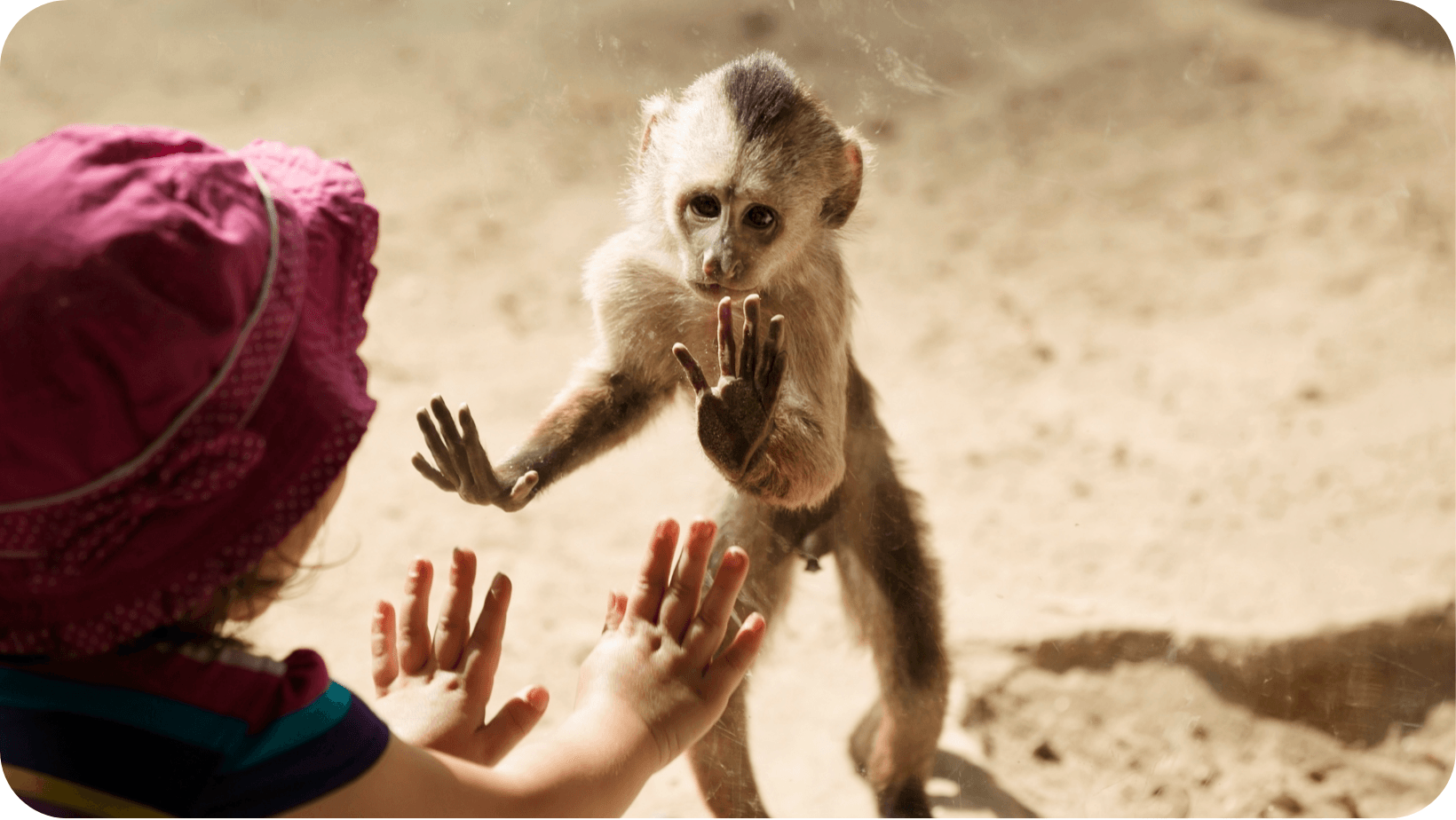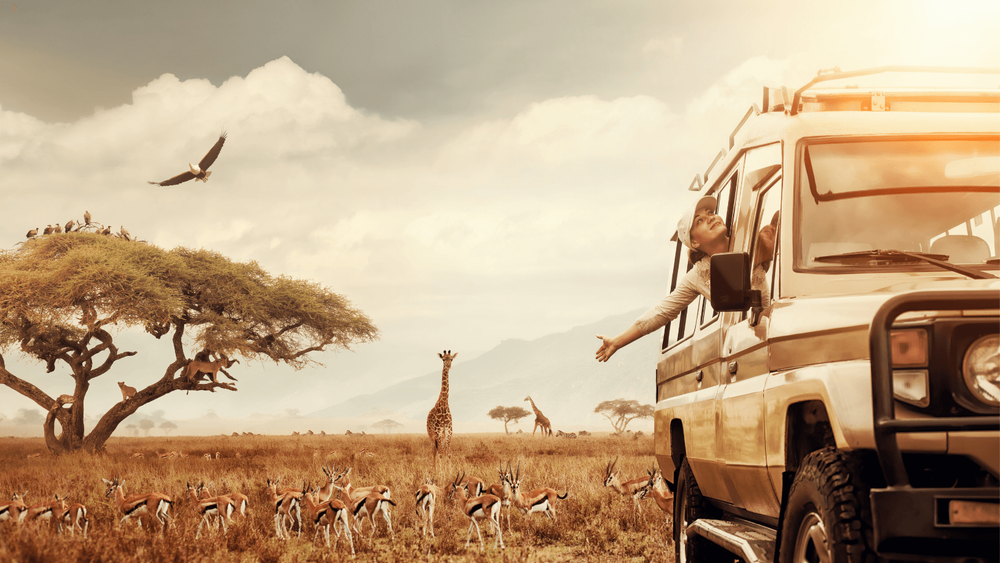Animal tourism: How to practice it ethically
Animal tourism is a much debated and, at times, controversial topic. Although there is increasing awareness and respect for animal rights, many tourist activities are still considered ethical by participants, yet the reality in most cases is that animals remain exploited for profit.
When travelling, what we can do to help the problem is to be careful to avoid these types of activities, and instead, support those that allow us to get closer to the animal world without altering its balance.
But how do we recognise which activities are ethical and which are not? In most cases, it’s best to use common sense, and as consumers, we must not be afraid to ask direct questions regarding the care and wellbeing of the animal in front of us. But to better take stock of the situation, below we have a look and compare the opinions of two associations aimed at respecting animal rights, PETA and Born Free.
Aquariums, zoos and circuses
No zoo or aquarium can replicate the natural habitat of a wild and free animal, and in some facilities animals are forced to learn unnatural behaviours to entertain an audience, although this is most commonplace within circuses. It is for this reason that aquariums, zoos and circuses are on the list of activities to avoid for tourists for both PETA and Born Free. Wild animals travel hundreds of miles a day, and forcing them to spend their lives locked in a cage or tank is unnatural and cruel. Many animals suffer from stress, and a large number end up dying prematurely due to unsuitable living conditions.

Animal rides
Animal rides are considered differently depending on the animal involved. While PETA recommends avoiding any type of animal riding (including horses, especially when used to pull carriages in urban sites), for Born Free only riding an elephant is unethical. So what about animals like camels? This tends to be a grey area in the world of animal rights, but let’s see why.
After various accidents to people who had decided to ride an elephant, these animals were finally declared illegal to ride. This is because elephants are wild animals, which should not be domesticated and forced to live among humans, nor carry them on their backs. This is different in the case of camels, which are considered to many as the ‘ships of the desert’. Today camels are mostly domestic animals, accustomed to humans and in some cases, in need of them. Born Free has stated that there is no evidence suggesting that camel riding is harmful to the animal, suggesting that riding a camel can be acceptable, if the animal is willing and not abused or exploited. It is good, though, that before proceeding with the activity the tourist makes sure that the animal is first of all in its habitat, the desert; second, that it does not appear undernourished, abused, ill; that the owner speaks kindly to the animal when giving orders, rather than using abrupt or violent gestures.
Swimming with dolphins and visiting dolphinariums
On this both PETA and Born Free are of the same opinion; swimming with dolphins is wrong, as is visiting a dolphinarium. Although dolphins may seem like ‘smiling’ animals, this does not mean that they are happy to spend their lives in a pool instead of the ocean. If you are a lover of these animals, the most ethical alternative you have to admire them is to try to spot them in the open sea during a dolphin watching excursion. This type of activity does not guarantee sighting, but if you are lucky enough you will be able to spot these beautiful creatures live, in their habitat, living happily, wild and free.
Other animal encounters
Among other activities not recommended by the two associations are encounters and selfies with baby tigers (blacklisted by both PETA and Born Free). These cubs, often seen as ‘big cats’, have most of the time been separated from their mothers too early, and eradicated from their natural habitat. Let’s avoid giving money to those who perpetuate this type of business, no matter how cute an orphaned cub may look in a selfie.
Born Free also condemns other types of encounters, such as those with reptiles, primates and birds, although they make exceptions, especially with regard to birds, in cases where the animals are farmed, born and raised in captivity and unable to survive without humans. Although, there are also cases in which the bird is captured as an adult, and pinioned (surgical removal of the end joint of the wing) to prevent flight. As in the case of camels, if you want to go ahead with these activities, it is always good to ask the owner as many questions as possible, and try to realise what are the real conditions in which the animal lives, or to avoid completely, and opt to try and spot them whilst sightseeing instead.
Safaris
Safaris are certainly the best way to get to know and approach the animal world without disturbing it. One of the reasons, other than the cost, why safaris are still not as popular today as zoos or aquariums is probably that you cannot be sure of spotting all the animals during the activity. Being free in nature, as they should, it will be the animal’s discretion whether they want to be seen or not. Even here, however, it is good to avoid the type of safari where the tour guide is so insistent as to get too close to the animals to please the tourist, or even to feed them in the attempt to attract them close to the vehicle. Humans should limit themselves to observing, without interacting with the interplay of animals’ lives.
If you are an animal lover, another activity that you may not know and which you may be interested in is visiting a sanctuary. To learn more about what a sanctuary is, read our article how sanctuaries affirm a vegan life.
